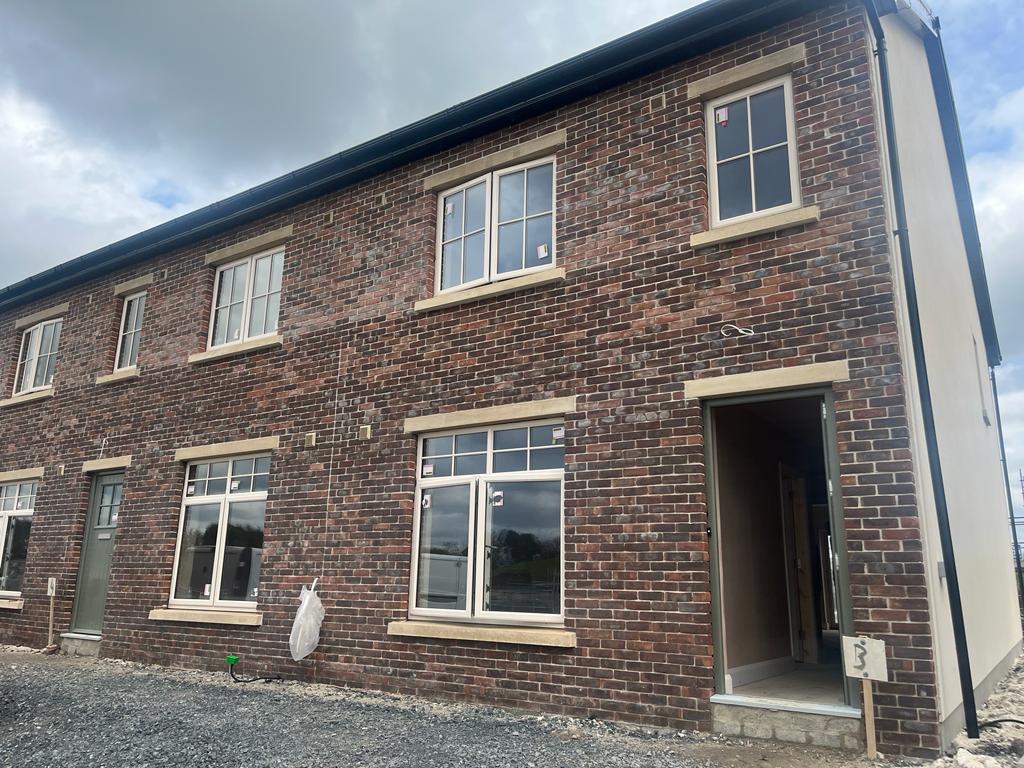The Ways in Which Ireland’s Proposed Right of First Refusal for Tenants Could Backfire

Usually the property market news starts to slow at this time of the year, with a distinct year-end, wrap-up tone shining as positive a light as possible. Not so, this year. Earlier this week the Irish Property Owners’ Association (IPOA) attended before the joint Oireachtas committee on housing, which was conducting pre-legislative scrutiny of the Residential Tenancies (Right to Purchase) Bill 2023. This Bill has been introduced in an attempt by the State to reshape the tenant-landlord relationship and it is part of a broader initiative to provide renters with greater security and stability, particularly following the controversial lifting of the eviction ban. Under this proposed legislation, tenants would be granted the ‘right to purchase’ their rental property if the landlord decides to sell. This would require landlords to first offer their tenants the chance to buy the property, based on an independent valuation, before putting it on the open market. This 90-day window for tenant bids is designed to protect renters from the instability of eviction but has raised several concerns and criticisms.
Representatives of the IPOA have voiced significant concerns about the potential impact of this legislation. According to the IPOA, granting tenants a right of first refusal could deter landlords from investing in rental properties, exacerbating the already acute shortage of rental accommodations. The fear is that this legislation could lead to a further reduction in the number of private landlords, who are already feeling pressured by what they reasonably perceive as excessive and unbalanced regulations. This, in turn, could lead to a contraction in the private rental market, an essential component of the housing sector.
And in other news, the market for development land is facing its own set of challenges. According to recent reports, the development land market is experiencing its quietest year since 2015, with both the value and volume of transactions significantly reduced. This downturn is attributed to a combination of high interest rates and uncertainties regarding investor purchases of apartment developments. The total value of transactions in the first nine months of 2023 was markedly low, raising concerns about the future trajectory of land development – and new housing supply – in Ireland. However, there’s a potential silver lining. With a decrease in building and construction cost inflation, as reported by the Turner & Townsend Construction Market Intelligence Report for Q4 2023, and expectations of stabilising interest rates, home builders might find renewed incentives to invest, particularly in regions like the Greater Dublin Area and its surrounding areas where the demand for residential housing remains robust.
If you are considering a house building project for 2024, reach out to our team at Lotus Investment Group for more location-specific market information and expert funding advice.
Ian Lawlor
086 3625482
Managing Director
Lotus Investment Group
